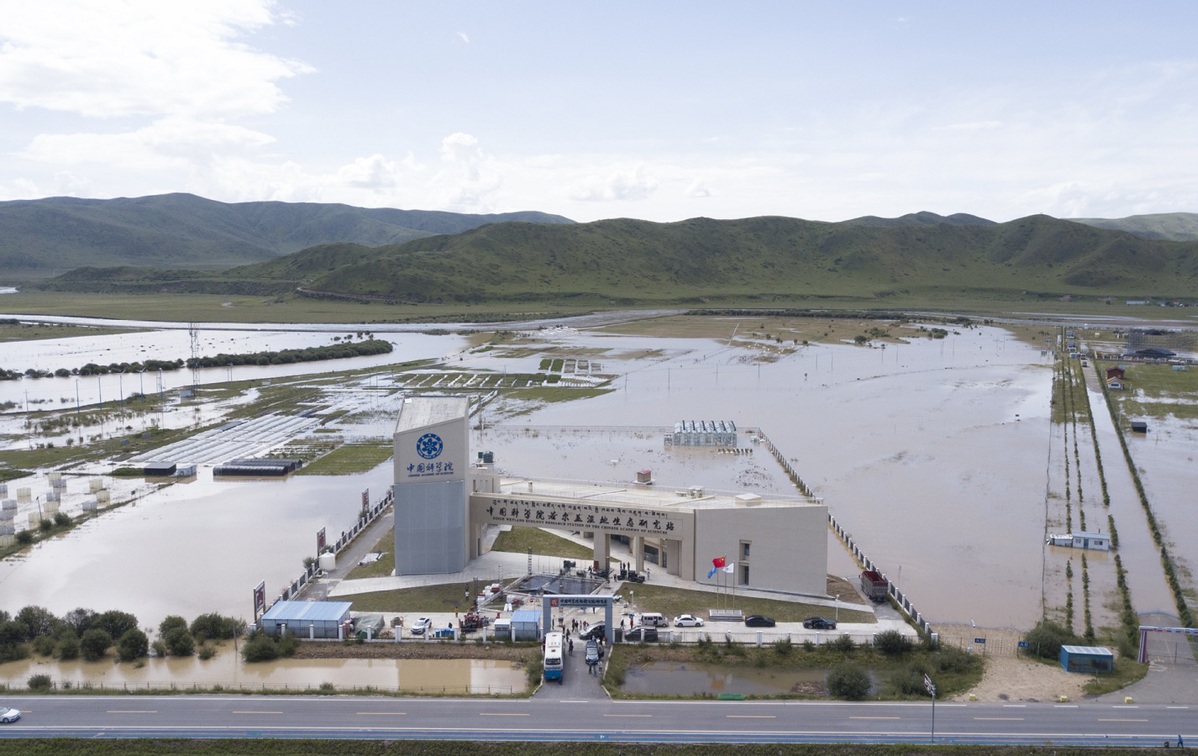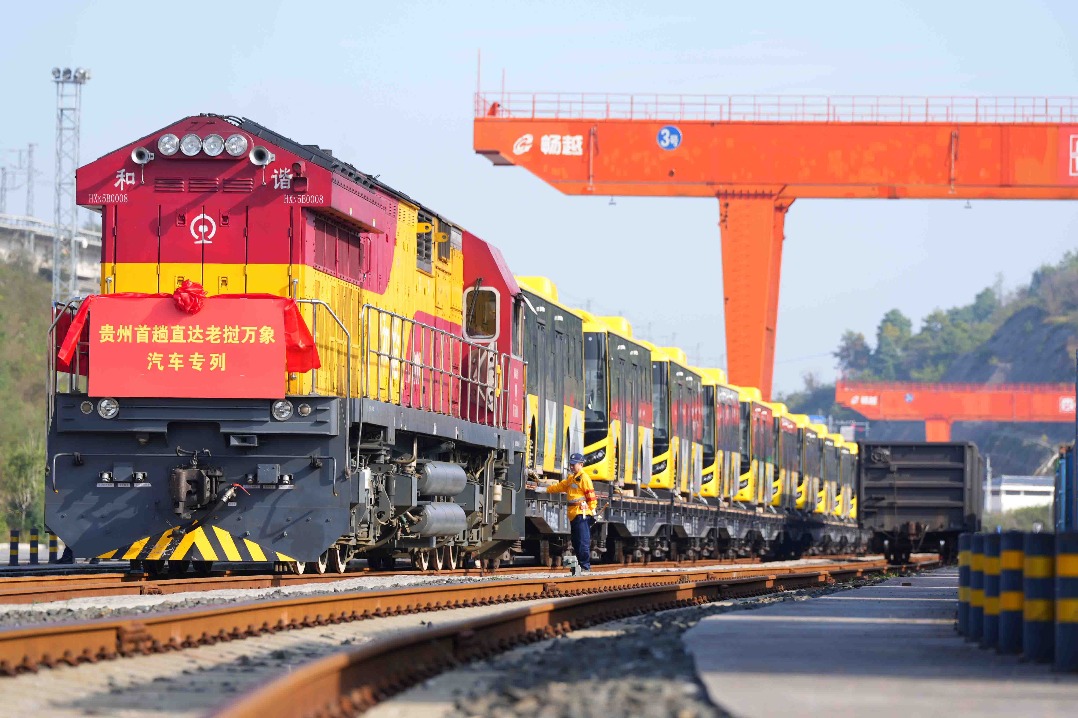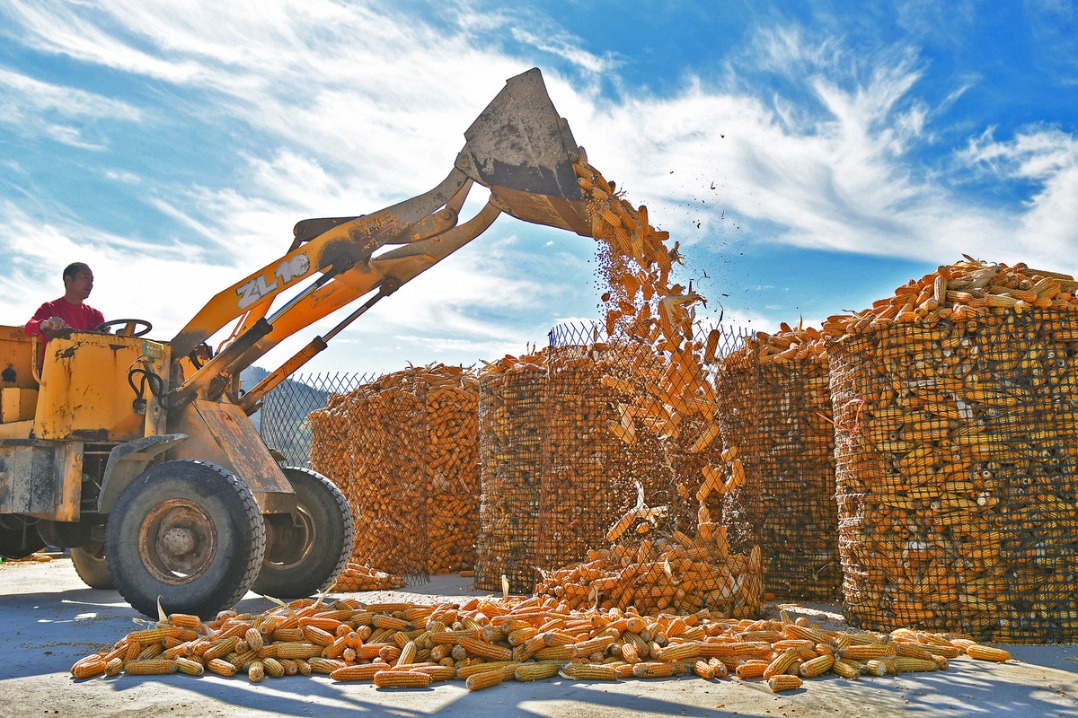Peatlands offer research opportunities
Recently launched facility to help boost environmental conservation efforts


Near the eastern margin of the Qinghai-Tibet Plateau lies a vast expanse of soggy brown mud. For tourists drawn to the region around Zoige county in Sichuan province for its lush grassland, it is not an interesting sight.
But the landscape, known as peatland, is particularly intriguing for researchers at the Chengdu Institute of Biology of the Chinese Academy of Sciences. It is a special type of wetland that covers about 3.8 percent of the land on Earth, but captures one-third of the world's soil carbon and twice as much as rainforests.
Situated at an average altitude of more than 3,500 meters, the Zoige wetland in Sichuan's Aba Tibetan and Qiang autonomous prefecture is home to the world's largest alpine peatlands and the most important carbon sink along the Qinghai-Tibetan plateau, said Gao Yongheng, a researcher at the institute.
To boost scientific research and conservation of the ecosystem, a new research facility — the Zoige Wetland Ecology Research Station of CAS — started operations on Friday morning. The facility is based at a research building covering 3,500 square meters in the prefecture. It also has three experimental field plots spanning about 22.7 hectares across the wetland.
Gao, who heads the station, said that the facility will monitor and analyze biological markers of wetlands and grasslands, research climate change's impact on the ecosystem, and formulate and test conservation strategies.
The formation of peatland is counted in centuries and millenniums. "It takes about an entire year for 1 millimeter of peat to grow under favorable conditions. At Zoige, some tracts of peatlands are 5 to 10 meters deep underground," said Gao.
The large swathes of peatlands in Zoige — estimated to stretch across 3,000 square kilometers — is considered an important ecological security barrier in western China, according to researchers.
Meanwhile, the ecosystem holds an enormous amount of water, which not only provides crucial water resources for the Yellow River, but also nourishes biodiversity.
"However, the peatland ecosystem is under threat due to climate change and human activities, such as overgrazing and manual draining," Gao said.
Over the years, Gao said that researchers and local governments have evaluated the effects of changing temperatures and rainfall on wetlands, spreading awareness about ecological protection among local villagers and herders, as well as tightening patrols to crack down on peat theft.
"The overall condition of wetlands here is turning better," he said. "The new facility will be equipped with high-end devices and will consolidate multidisciplinary research to bolster studies into the ecosystem and inform conservation policymaking."
Despite progress, Zhu Dan, deputy head of the station, said they always feel the sword of Damocles hanging above their heads.
"If the water level continues to fall, the wetland goes into decline and no intervention is implemented, the region will be at risk of degradation and even desertification, and could trigger sandstorms in the future," he said. "It is important to advance systematic scientific research and promotion of sustainable agricultural and pastoral development in the region."
Zhu, who has surveyed the Zoige wetland for over 20 years, said that before the facility was put into use he felt like a nomad wandering across muddy expanses.
"Now we have an anchor and a home here. We are looking forward to furthering our studies," he said.
A highlight of the station is its ability to carry out the world's only whole-soil warming tests that can evaluate the status of deep peatlands under rising temperatures. Samples collected from the field plot can be promptly transferred to the research building for analysis.
"We used to set up tents out in the field and build prefab houses by ourselves to conduct experiments," said Chen Huai, deputy head of Chengdu Institute of Biology.
"Now, the modern facility has begun operations, and we have a long way ahead to conserve wetlands," he said.
- Typhoon Kong-rey expected to make landfall in Zhejiang, Fujian on Thursday
- China celebrates maiden international flight of home-grown ARJ21 jetliner
- Chinese scientists make discovery in midlatitude Asian deserts
- China committed to global advancement of new technology in navigation
- Guizhou-made new energy buses exported to Vientiane, Laos
- Former Guizhou Party chief sentenced





































